by Robin Westley Martin
This iconic song title is of course by The Beatles, a group still loved all over the world, and it’s super appropriate at this particular point in time. The Covid-19 coronavirus has spread across the globe, and we all need a bit of help – with the self-isolation and social distancing rules that are in place we are all feeling a little ‘down’.
The spread of the virus and the death toll continues to grow in Thailand, Europe, the UK, and the US. I sincerely hope that by the time you read this that the turnaround back to the way it was before has begun. And that the infographics showing the daily loss of life and rise in new infections are less harrowing to view, and will follow the course seen in Hubei province, China, where this deadly iteration of coronavirus first surfaced.
For several days now there have been no new infections reported in Wuhan, the epicentre of the outbreak of a pandemic that has spread around the world. Info: by early April there had been more than 1.4 million confirmed cases of coronavirus in 183 countries, and more than 84,000 people had died.
This iconic song title is of course by The Beatles, a group still loved all over the world, and it’s super appropriate at this particular point in time. The Covid-19 coronavirus has spread across the globe, and we all need a bit of help – with the self-isolation and social distancing rules that are in place we are all feeling a little ‘down’.
The spread of the virus and the death toll continues to grow in Thailand, Europe, the UK, and the US. I sincerely hope that by the time you read this that the turnaround back to the way it was before has begun. And that the infographics showing the daily loss of life and rise in new infections are less harrowing to view, and will follow the course seen in Hubei province, China, where this deadly iteration of coronavirus first surfaced.
For several days now there have been no new infections reported in Wuhan, the epicentre of the outbreak of a pandemic that has spread around the world. Info: by early April there had been more than 1.4 million confirmed cases of coronavirus in 183 countries, and more than 84,000 people had died.
The poor and poorly paid in Thailand are being particularly hard hit, as they work from day to day … the money they earn daily is to buy food and other essentials, such as rent for accommodation, and for personal hygiene, about which we are constantly being advised/ordered to … Wash your hands! Sanitise! Wear a mask! … all very well, but what if you can’t even afford a bar of soap, let alone a mask, if you are lucky enough to find one on sale!
All the cash the needy residents of the community earn by selling streetfood or fresh fruit from their little pushcarts has dried up, no one to sell to, and they also run the risk of being fined should they choose to go out; the groups of ‘rubbish-pickers’ that nightly scour the streets and alleyways of Bangkok with their three-wheeled flatbed trolleys looking for bottles, cans, and cardboard that they can recycle; the army of workers in the nightlife entertainment areas: all of these are self-employed, and receive scant help from the government now that their revenue stream is no more. And this is only the beginning; no one knows how long it might take before we get back to anything approaching pre-pandemic ‘normality’.
So who is there to step in, and give whatever help and succour that they can. The charities! It is true that our main priority in this war against the invisible Covid enemy is to take care of our own health and that of our families … but while we are all stuck at home together with our microwave popcorn and Netflix, let’s spare a thought for these charities. They are struggling too, particularly so, as the number of recipients that require their assistance is increasing day by day. In this piece we are going to look at two charities in Thailand, the Mercy Centre / Human Development Foundation, and the Soi Dogs Foundation. Animals are suffering too, and are even less able to help themselves than their poor and underprivileged human neighbours.
All the cash the needy residents of the community earn by selling streetfood or fresh fruit from their little pushcarts has dried up, no one to sell to, and they also run the risk of being fined should they choose to go out; the groups of ‘rubbish-pickers’ that nightly scour the streets and alleyways of Bangkok with their three-wheeled flatbed trolleys looking for bottles, cans, and cardboard that they can recycle; the army of workers in the nightlife entertainment areas: all of these are self-employed, and receive scant help from the government now that their revenue stream is no more. And this is only the beginning; no one knows how long it might take before we get back to anything approaching pre-pandemic ‘normality’.
So who is there to step in, and give whatever help and succour that they can. The charities! It is true that our main priority in this war against the invisible Covid enemy is to take care of our own health and that of our families … but while we are all stuck at home together with our microwave popcorn and Netflix, let’s spare a thought for these charities. They are struggling too, particularly so, as the number of recipients that require their assistance is increasing day by day. In this piece we are going to look at two charities in Thailand, the Mercy Centre / Human Development Foundation, and the Soi Dogs Foundation. Animals are suffering too, and are even less able to help themselves than their poor and underprivileged human neighbours.
The Mercy Centre, located in Klongtoey, Bangkok’s largest slum, was founded by Irish American priest Father Joe Maier and Sister Maria of Thailand, nearly 50 years ago, in 1972, when it was primarily the home of slaughterhouse workers. Probably the lowest paid workers in the city. Sister Maria and Fr. Joe began by transforming a disused slum shack into a one-baht-per-day pre-school. It was successful, and the project grew quickly, with more and more shacks and buildings becoming kindergartens for the underprivileged kids from these decidedly impoverished families.
No kid was turned away. Fr Joe told me, “Right now we work in slums all over the city, and we have been here forever, getting on for 50 years, so everyone comes to us. We have taught almost 50,000 kids, that’s right 50,000! So we are part and parcel of the whole genome of the community and the whole slum infrastructure; educational, cultural, and religious. We welcome everyone, all faiths and cultures. We are, quite simply, an extended family. And families stick together, right”.
At this time, as the coronavirus pandemic has hit, there are twenty-two Mercy Kindergartens in Bangkok, with over 2,000 children (who all live in the slums) attending every day to study Thai, English, music, and basic maths. Alumni of the first kindergartens went on to become teachers themselves, executive secretaries, nurses, taxi drivers, butchers, and much more. But now many residents of the slums have no work to go to, as the city progresses towards total lockdown, creating further difficulties for these already poor families. And now that the government has closed schools until July 1st, very few pupils are allowed into the classrooms. Only those in emergency circumstances.
The measures being enforced to counteract the impact of the coronavirus pandemic have exacerbated the problems. Yet even without such strictures poverty is a persistent problem in Bangkok. The millions of tourists who visit see only a mega-city of high rises, glittering neon, golden temples, plush hotels and shopping malls. They go home with tales of the delicious and inexpensive streetfood they ate on the city streets. But they have not seen beneath the glitz, the tin-roofed shacks where these smiling vendors return to to sleep in at the end of their long day. Tens of thousands of Bangkok’s poorest live in Klongtoey and other slums like it.
Since the onset of the coronavirus pandemic the closure of pubs, restaurants and shopping malls, and the dearth of citizens and tourists on the streets, there is no one around for the dwellers to sell their wares to. So how are they coping? Fr Joe said that although the markets are still open they are selling less and less, and people are eating more and more packet noodles, as they run out of money. He told me that The Mercy Center is presently working together with the local Buddhist temple to prepare and distribute 300 meals each day for the indigent poor, and that they themselves were helping more and more daily, with rice and dry goods.
Fr Joe summed up, “It’s going to be a slow process, and we shall see. Half of our staff are at home – although none of them have the virus. Hard times have come knocking at my door – we still have enough to supply basic food, kind of, but certainly not enough to buy shoes or bars of soap. We’ll get by, somehow. And looking forward, the schools will go on, for sure.”
No kid was turned away. Fr Joe told me, “Right now we work in slums all over the city, and we have been here forever, getting on for 50 years, so everyone comes to us. We have taught almost 50,000 kids, that’s right 50,000! So we are part and parcel of the whole genome of the community and the whole slum infrastructure; educational, cultural, and religious. We welcome everyone, all faiths and cultures. We are, quite simply, an extended family. And families stick together, right”.
At this time, as the coronavirus pandemic has hit, there are twenty-two Mercy Kindergartens in Bangkok, with over 2,000 children (who all live in the slums) attending every day to study Thai, English, music, and basic maths. Alumni of the first kindergartens went on to become teachers themselves, executive secretaries, nurses, taxi drivers, butchers, and much more. But now many residents of the slums have no work to go to, as the city progresses towards total lockdown, creating further difficulties for these already poor families. And now that the government has closed schools until July 1st, very few pupils are allowed into the classrooms. Only those in emergency circumstances.
The measures being enforced to counteract the impact of the coronavirus pandemic have exacerbated the problems. Yet even without such strictures poverty is a persistent problem in Bangkok. The millions of tourists who visit see only a mega-city of high rises, glittering neon, golden temples, plush hotels and shopping malls. They go home with tales of the delicious and inexpensive streetfood they ate on the city streets. But they have not seen beneath the glitz, the tin-roofed shacks where these smiling vendors return to to sleep in at the end of their long day. Tens of thousands of Bangkok’s poorest live in Klongtoey and other slums like it.
Since the onset of the coronavirus pandemic the closure of pubs, restaurants and shopping malls, and the dearth of citizens and tourists on the streets, there is no one around for the dwellers to sell their wares to. So how are they coping? Fr Joe said that although the markets are still open they are selling less and less, and people are eating more and more packet noodles, as they run out of money. He told me that The Mercy Center is presently working together with the local Buddhist temple to prepare and distribute 300 meals each day for the indigent poor, and that they themselves were helping more and more daily, with rice and dry goods.
Fr Joe summed up, “It’s going to be a slow process, and we shall see. Half of our staff are at home – although none of them have the virus. Hard times have come knocking at my door – we still have enough to supply basic food, kind of, but certainly not enough to buy shoes or bars of soap. We’ll get by, somehow. And looking forward, the schools will go on, for sure.”
Four Legs Good
When emergencies hit they affect all, both the human and the animal populations. During the early 2000’s a small charity, Soi Dogs (soi: small street, alleyway) was founded on Phuket, Thailand’s largest island off the south western coast of the country, by Dutch national Margot Homburg. It was not long after that she met recently retired Brits John and Gill Dalley, both fellow animal lovers. They all got on well with each other and decided to join forces to move the charity forward, and due to all the hard work they put in together the Soi Dogs charity was granted foundation status in 2005.
It has since become the most well-known animal charity in Thailand, and has gained worldwide recognition and respect for its work, which subsequently expanded its mandate to include the welfare of the country’s stray or homeless cat population.
Margot, through ill health, left the foundation in 2005, and placed it in the capable hands of John and Gill. Gill later contracted septicaemia after a dog rescue in a flooded field, sadly having both legs amputated. She was fitted with prosthetic limbs and she and her husband continued with the expansion of the Soi Dogs Foundation (SDF) until she passed away after a short battle with cancer in early 2017. John and his team of nearly 300 continue the work of the Soi Dogs Foundation tirelessly to this day, to honour the legacy of his wife, Gill.
When emergencies hit they affect all, both the human and the animal populations. During the early 2000’s a small charity, Soi Dogs (soi: small street, alleyway) was founded on Phuket, Thailand’s largest island off the south western coast of the country, by Dutch national Margot Homburg. It was not long after that she met recently retired Brits John and Gill Dalley, both fellow animal lovers. They all got on well with each other and decided to join forces to move the charity forward, and due to all the hard work they put in together the Soi Dogs charity was granted foundation status in 2005.
It has since become the most well-known animal charity in Thailand, and has gained worldwide recognition and respect for its work, which subsequently expanded its mandate to include the welfare of the country’s stray or homeless cat population.
Margot, through ill health, left the foundation in 2005, and placed it in the capable hands of John and Gill. Gill later contracted septicaemia after a dog rescue in a flooded field, sadly having both legs amputated. She was fitted with prosthetic limbs and she and her husband continued with the expansion of the Soi Dogs Foundation (SDF) until she passed away after a short battle with cancer in early 2017. John and his team of nearly 300 continue the work of the Soi Dogs Foundation tirelessly to this day, to honour the legacy of his wife, Gill.
Soi Dog Foundation’s mission statement: To improve the welfare of dogs and cats in Asia, resulting in better lives for both the animal and human communities. To create a society without any homeless animals, and to ultimately end animal cruelty.
Today, Soi Dog Foundation has a dedicated cat hospital and a state-of-the-art dog hospital – the largest and most comprehensive hospital in Asia, and possibly the world, dedicated solely to the treatment of street dogs. Gill devoted the last four years of her life to designing and overseeing the construction of this dog hospital to fulfil a promise she had made herself many years earlier to provide the best possible treatment for her beloved street dogs.
Hundreds of thousands of dogs and cats have been neutered since Soi Dog Foundation’s inception, including more than 80 percent of the stray dog population on Phuket. The sight of tens of thousands of emaciated and sick dogs on the streets is now a thing of the past, at least in Phuket. Mobile spay and neuter clinics are now run in other provinces as well as being extended to Bangkok, which has the largest street dog population in Thailand – approximately 640,000. Since it was first founded with just three people, SDF has neutered more than 400,000 animals.
It took John and Gill nine years to see the first 50,000 animals neutered and vaccinated. The next 50,000 took just three years and in 2019, Soi Dog Foundation achieved over 100,000 spay/neuter procedures for the first time in a calendar year and is now neutering and vaccinating more stray animals than any other organisation in the world.
During this emergency individuals, corporations, and small businesses alike are suffering financially; kind souls who feed dogs and other stray animals have little extra left to spend, and in many areas are not even allowed out onto the streets. And some people have reluctantly been forced to let their pets go. This means that the shelters that house the dogs and cats of the Foundation have quickly become full, and they are having to urgently build more accommodation for their guests.
John told me, “Our February report for 2020 recorded a population of 1,168 animals, 882 dogs and 286 cats. Of these 648 dogs and 109 cats were ‘resident’, and the remainder were in our hospitals receiving treatment. This had risen to 1,207 by the end of March, mostly due to the lack of adoptions because of the restrictions being enforced on people due to the pandemic. We expect the figure to increase weekly by about 40 dogs and 20 cats, until we are once more able to adopt them out”.
I was astounded to discover that Soi Dog Foundation currently buys about 1 million Thai baht’s worth of animal food every month (over 30,000 $). Apart from its own shelter SDF donates food to private and government shelters, volunteers, and ‘feeders’. At the moment, as restaurants and hotels are closed, this source of food has also dried up. Soi Dog are assessing the changing dynamic daily, but I was told that given the drop in donations they have seen due to the repercussions caused by Covid 19, that they envisage difficult times ahead for the foreseeable future. But John remains resolute, even at the end of another exhausting day; he just knows that, one way or another Soi Dogs Foundation will weather the storm. And no animal in need will be turned away.
We are all fighting a war against an invisible enemy, a war that is going to test us all. Most of us will get through it, and overcome the challenges we have been set, we will come out the other side.
If, while you are at home, reflecting on life, and you think you could help out some who are in an even worse position than yourself, even in a small way, please do.
“Help them get their feet back on the ground, they really do appreciate you being ‘round”
To donate go to: https://www.soidog.org/content/make-donation
https://www.mercycentre.org/en/donate-today
Today, Soi Dog Foundation has a dedicated cat hospital and a state-of-the-art dog hospital – the largest and most comprehensive hospital in Asia, and possibly the world, dedicated solely to the treatment of street dogs. Gill devoted the last four years of her life to designing and overseeing the construction of this dog hospital to fulfil a promise she had made herself many years earlier to provide the best possible treatment for her beloved street dogs.
Hundreds of thousands of dogs and cats have been neutered since Soi Dog Foundation’s inception, including more than 80 percent of the stray dog population on Phuket. The sight of tens of thousands of emaciated and sick dogs on the streets is now a thing of the past, at least in Phuket. Mobile spay and neuter clinics are now run in other provinces as well as being extended to Bangkok, which has the largest street dog population in Thailand – approximately 640,000. Since it was first founded with just three people, SDF has neutered more than 400,000 animals.
It took John and Gill nine years to see the first 50,000 animals neutered and vaccinated. The next 50,000 took just three years and in 2019, Soi Dog Foundation achieved over 100,000 spay/neuter procedures for the first time in a calendar year and is now neutering and vaccinating more stray animals than any other organisation in the world.
During this emergency individuals, corporations, and small businesses alike are suffering financially; kind souls who feed dogs and other stray animals have little extra left to spend, and in many areas are not even allowed out onto the streets. And some people have reluctantly been forced to let their pets go. This means that the shelters that house the dogs and cats of the Foundation have quickly become full, and they are having to urgently build more accommodation for their guests.
John told me, “Our February report for 2020 recorded a population of 1,168 animals, 882 dogs and 286 cats. Of these 648 dogs and 109 cats were ‘resident’, and the remainder were in our hospitals receiving treatment. This had risen to 1,207 by the end of March, mostly due to the lack of adoptions because of the restrictions being enforced on people due to the pandemic. We expect the figure to increase weekly by about 40 dogs and 20 cats, until we are once more able to adopt them out”.
I was astounded to discover that Soi Dog Foundation currently buys about 1 million Thai baht’s worth of animal food every month (over 30,000 $). Apart from its own shelter SDF donates food to private and government shelters, volunteers, and ‘feeders’. At the moment, as restaurants and hotels are closed, this source of food has also dried up. Soi Dog are assessing the changing dynamic daily, but I was told that given the drop in donations they have seen due to the repercussions caused by Covid 19, that they envisage difficult times ahead for the foreseeable future. But John remains resolute, even at the end of another exhausting day; he just knows that, one way or another Soi Dogs Foundation will weather the storm. And no animal in need will be turned away.
We are all fighting a war against an invisible enemy, a war that is going to test us all. Most of us will get through it, and overcome the challenges we have been set, we will come out the other side.
If, while you are at home, reflecting on life, and you think you could help out some who are in an even worse position than yourself, even in a small way, please do.
“Help them get their feet back on the ground, they really do appreciate you being ‘round”
To donate go to: https://www.soidog.org/content/make-donation
https://www.mercycentre.org/en/donate-today

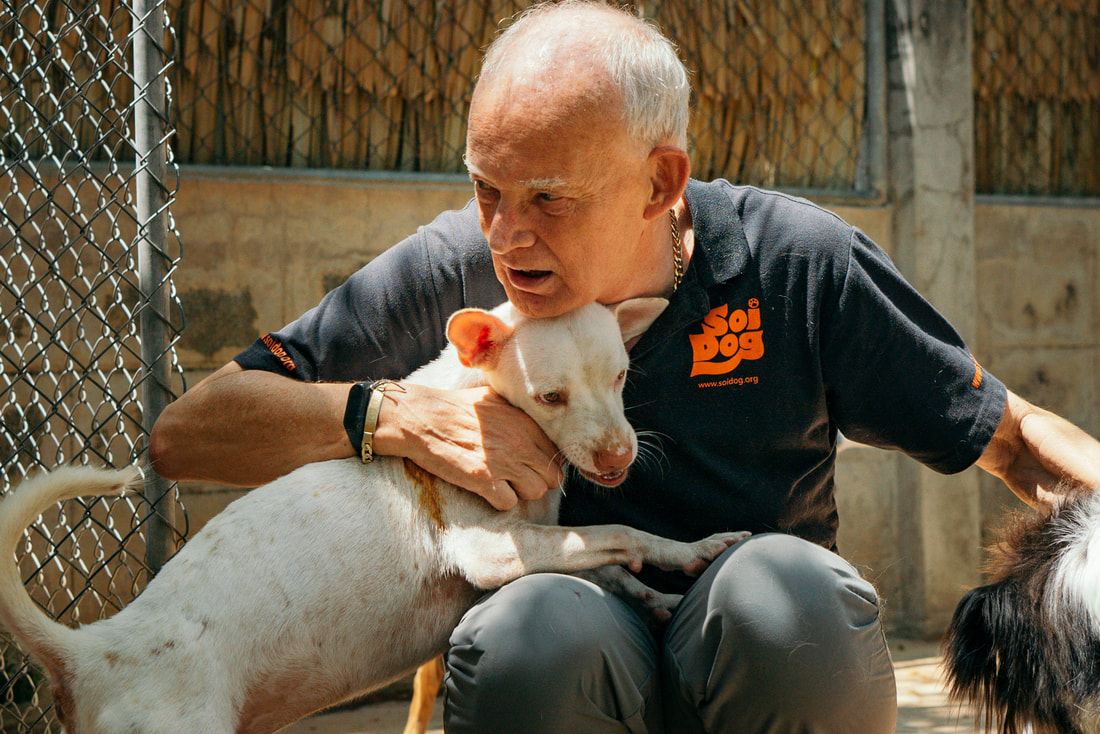
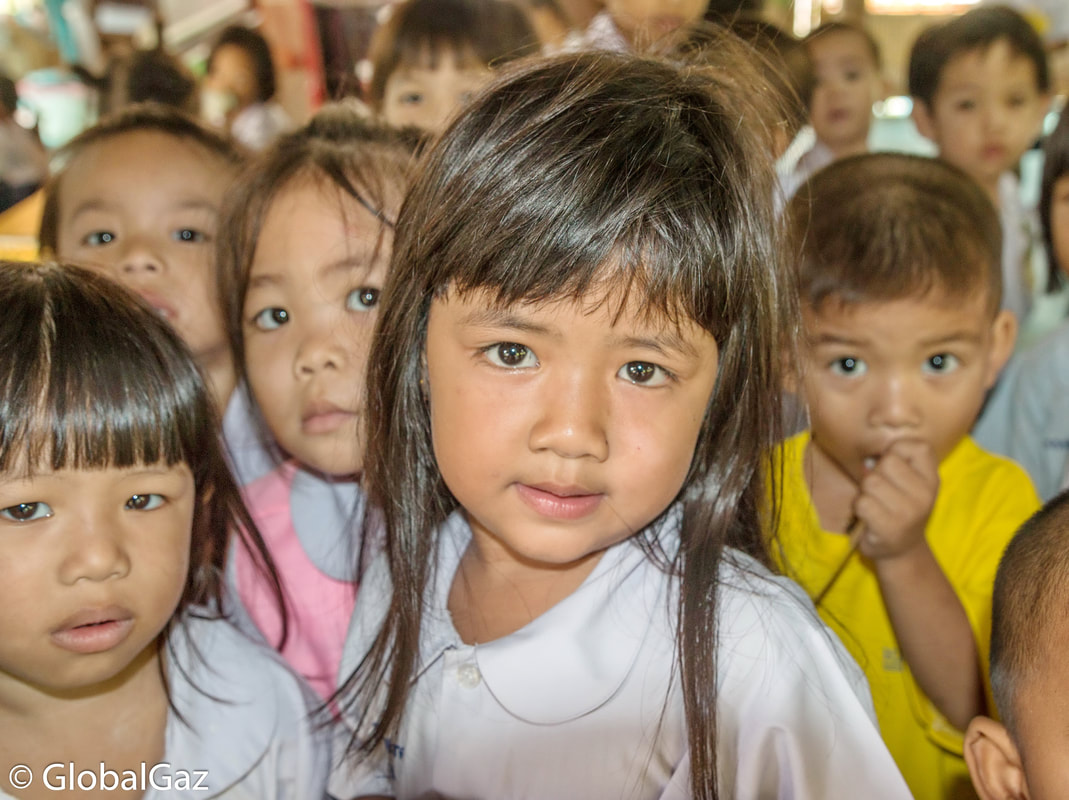

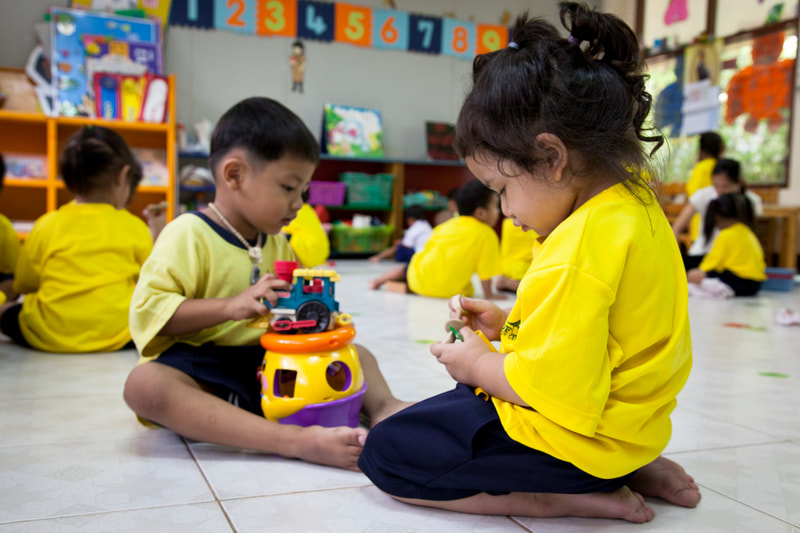
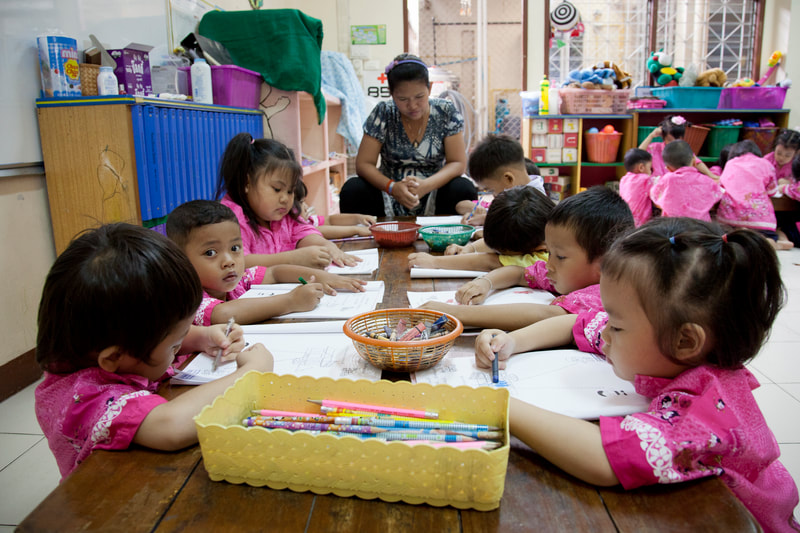
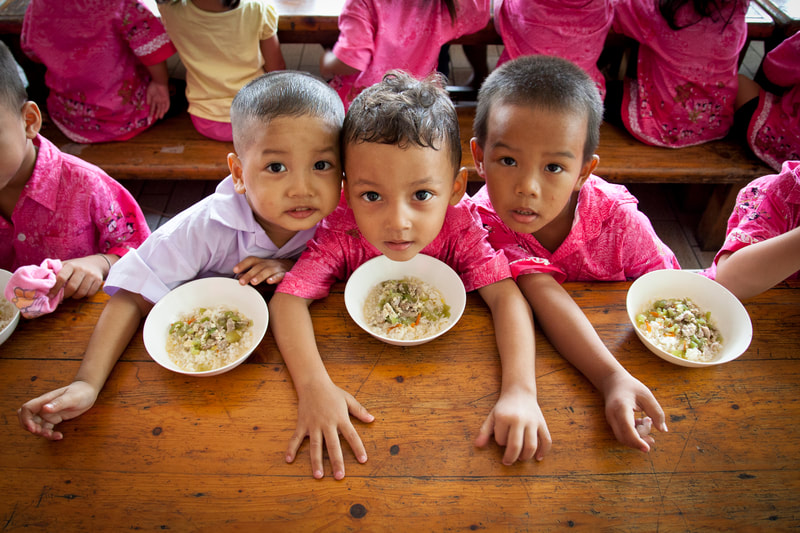
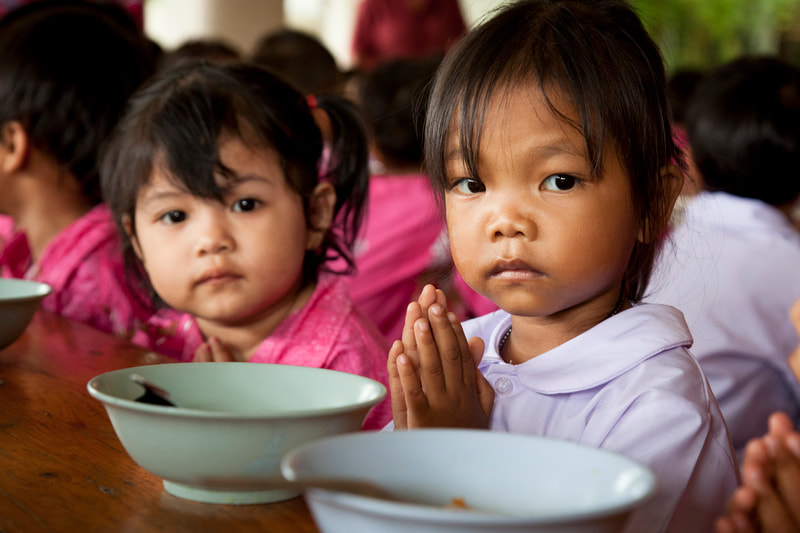
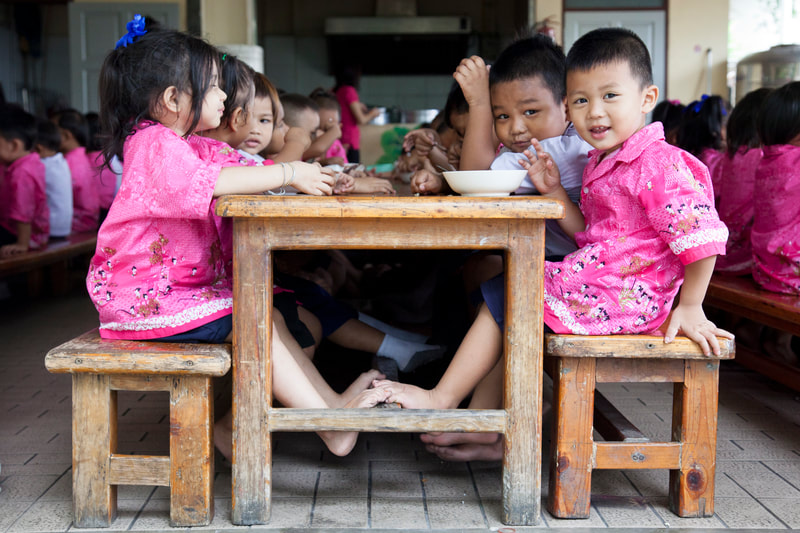
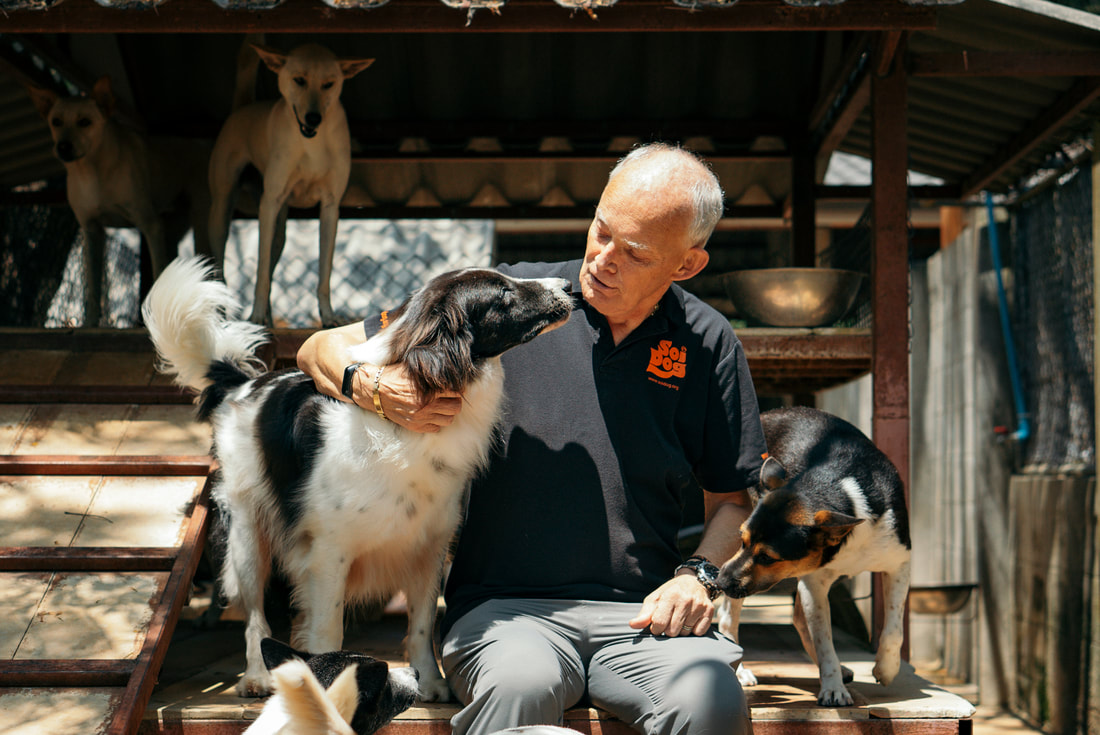
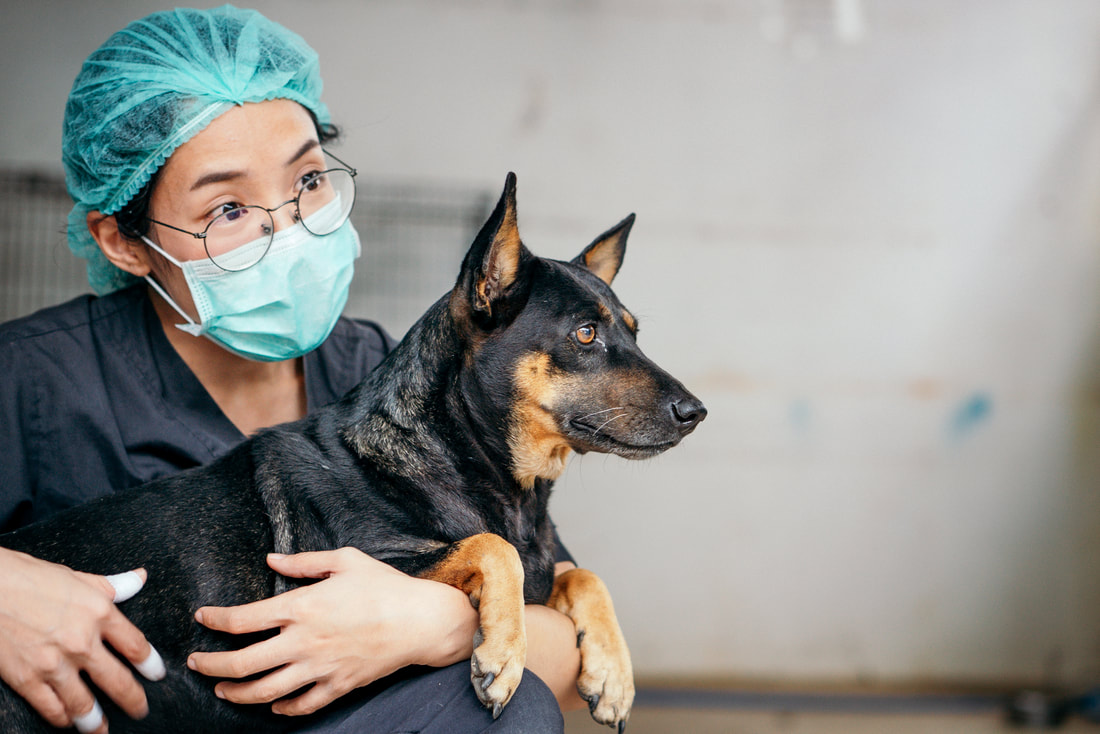
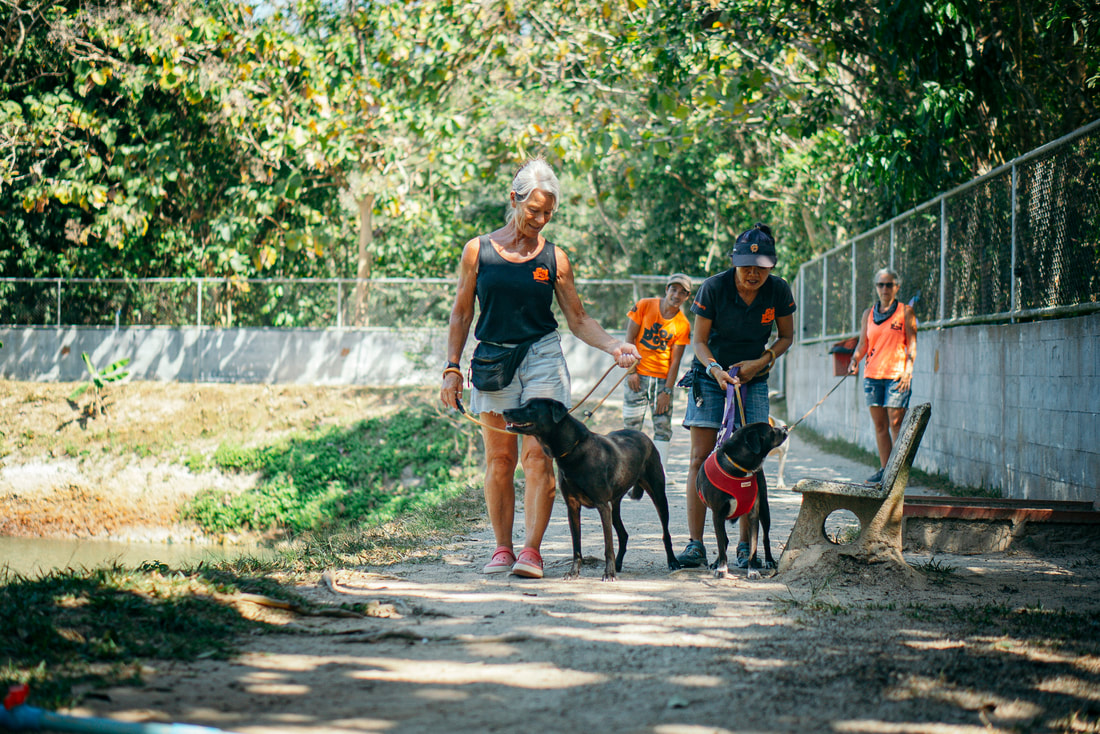
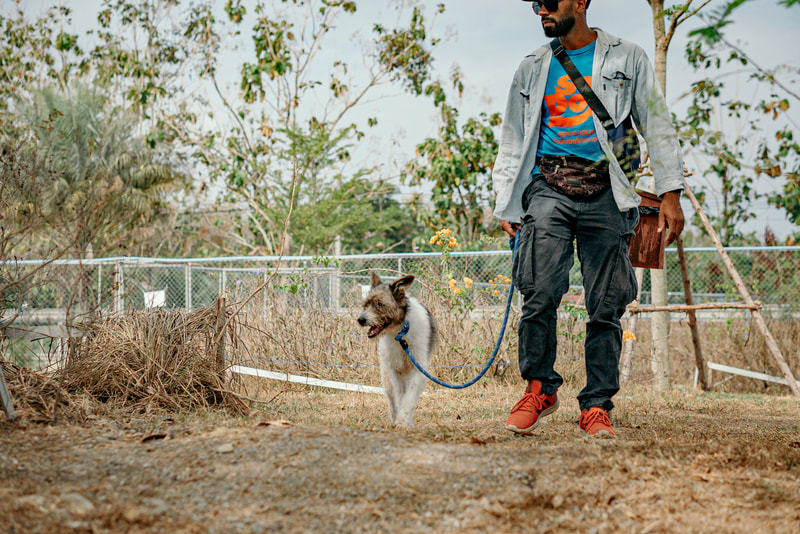
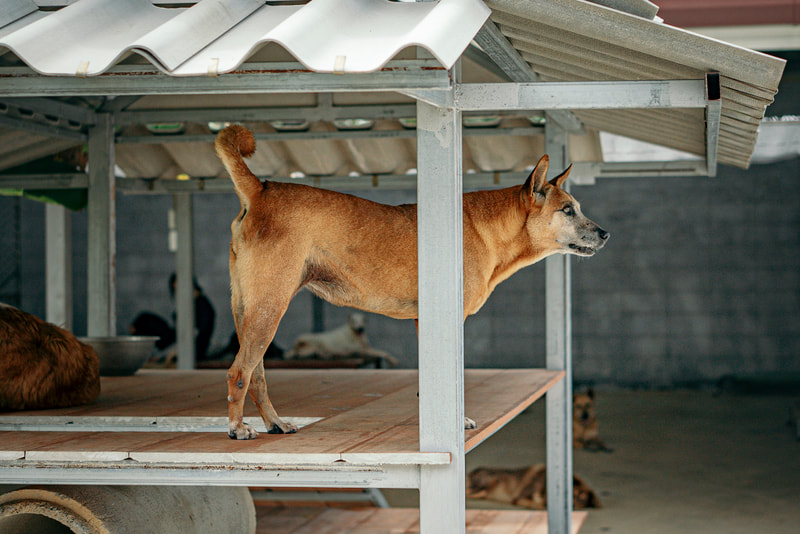
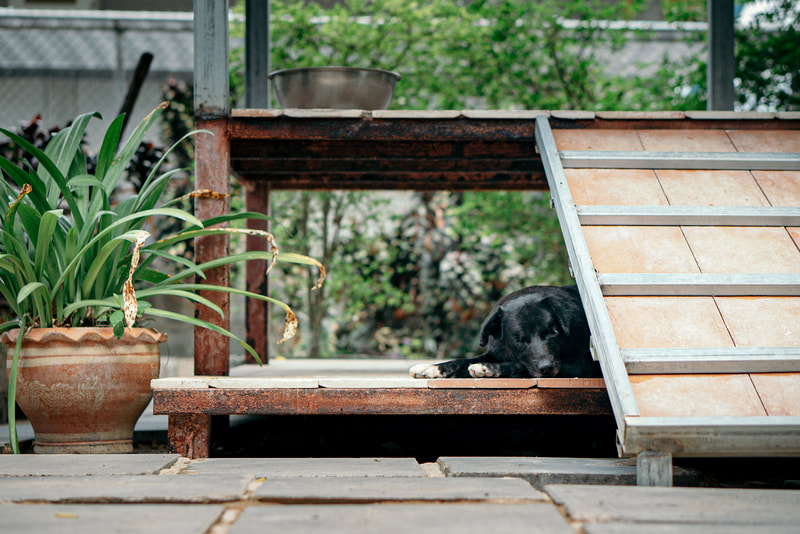
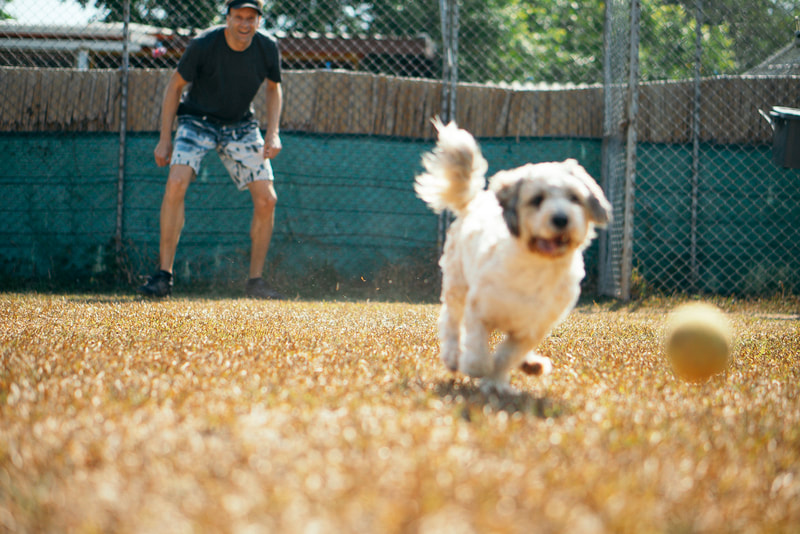
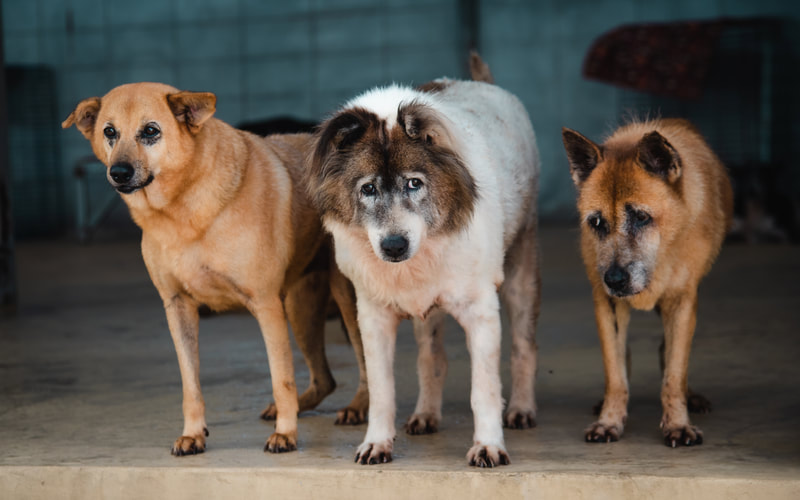
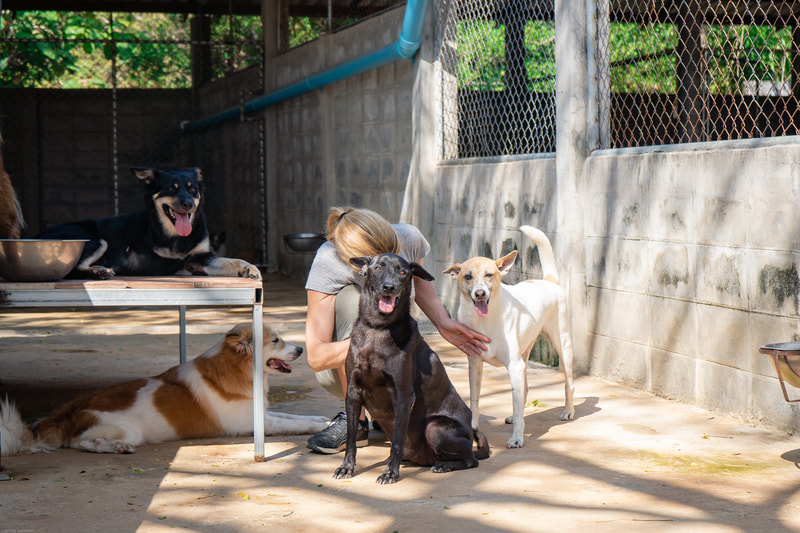
 RSS Feed
RSS Feed
















